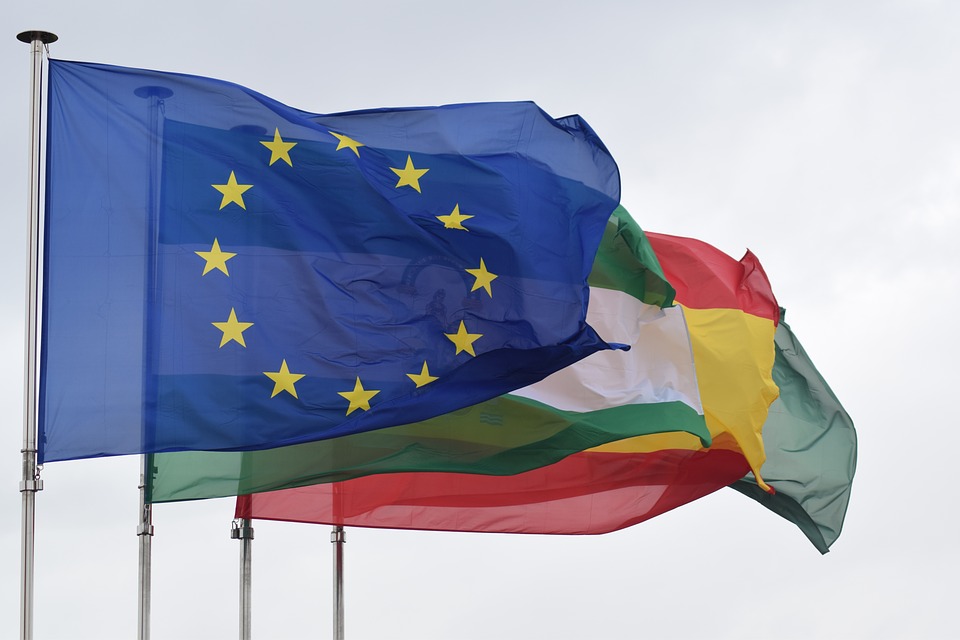
The commitment of Christian Democrat political figures had been central to Europe’s reconstruction process after World War II, but religion has again become a topic for the European Union (EU) over the past 20 years, due to concerns about both radical Islam and the use of religious themes by populist political movements. These issues are likely to continue to occupy politicians, writes political scientist François Foret (Free University of Brussels) in the Bulletin de l’Observatoire International du Religieux (January). European governance provides limited opportunities to use religious references for political goals, since the regulation of religious affairs is left to member states. Moreover, an increasingly secular environment means that playing the religious card offers uncertain benefits, even more so for populist parties, whose supporters appear on average to be more secularized and distant from religious institutions than the rest of the European population.
But references to an old religious heritage have been used by such parties against outsiders allegedly threatening their idealized national communities—such as Muslims, liberals, and cosmopolitan elites, with these targets varying somewhat across countries. This has allowed the populist right to build political support through the use of religious themes, something that has become hardly possible today for Christian Democrats. The Christian Democrats of the past lived at a time when Christian culture still exercised a significant influence on the continent, and they had really imbibed it, while today’s populist leaders are late converts to religious references that are largely foreign or indifferent to their supporters. Suspicious of pluralist ideals, populist political leaders primarily see religion as a way of affirming the cultural homogeneity of their respective nations, and the way they use it and other mobilizing tools at the EU level only reflects in a weaker mode what they do at the national level.
 Source: Max Pixel.
Source: Max Pixel.
(François Foret, “Union européenne, populisme et religion: trio ou triangle d’incompatibilité?” Bulletin de l’Observatoire International du Religieux, No. 35, January 2022, https://obsreligion.cnrs.fr/bulletin/union-europeenne-populisme-et-religion-trio-ou-triangle-dincompatibilite/)